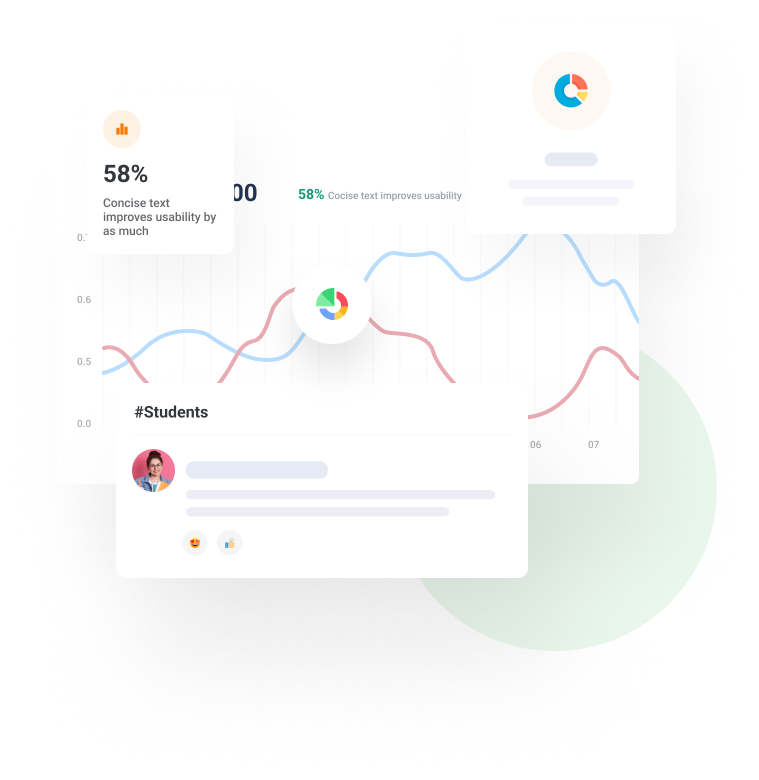An Analysis of Common Errors Leading to Excessive Student Struggle on Homework Problems in an Introductory Programming Course
Published 2018
Authors
Nabeel Alzahrani
University of California, Riverside
Prof. Frank Vahid
University of California, Riverside
Dr. Alex Daniel Edgcomb
zyBooks, A Wiley Brand
Prof. Roman Lysecky
University of Arizona
Dr. Susan Lysecky
zyBooks, A Wiley Brand
Abstract
Students make many errors in an introductory programming course (aka CS 1). While previous
research reports common errors, some errors are normal, being corrected by students in a
reasonable amount of time, and being part of the learning process. However, some errors may
lead to frustration due to excessive struggle, which may lead to student attrition. We defined a
struggle metric using a combination of excessive time spent and excessive attempts, relative to
other students in a course and reasonable thresholds. We analyzed struggle on 78 short,
auto-graded coding homework problems for an 80-student Spring 2017 introductory C++
programming course at a research university. We found the struggle rate to be 10-15%. Our main
focus was to determine the errors that led to such struggle, and thus we manually examined the
student submissions for the 10 homework problems having the highest struggle rates. We
described the errors and potential underlying student misconceptions that seemed to lead to that
struggle. We found that most common errors belong to the following: nested loops, else-if vs.
multiple if, random range, input/output, for loop and vector, for loop and if, vector index,
negated loop expression, and boolean expressions. Having a deeper understanding of these
common errors may aid teachers and authors to help students avoid or correct such errors, thus
reducing struggle, which may reduce frustration and potential attrition.









